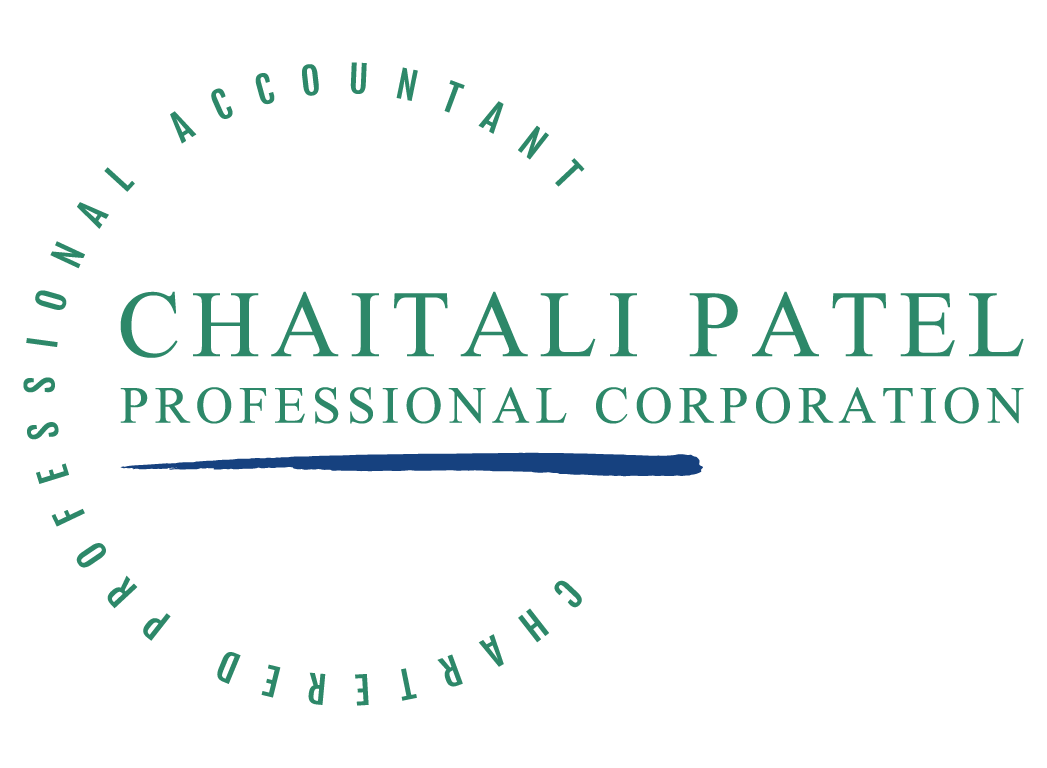Tax Filing and Financial Statement Reporting Requirements for Not-for-Profit Organizations and Charities in Canada

In Canada, not-for-profit organizations (NFPs) and registered charities play a vital role in supporting communities. While these organizations are generally exempt from income tax on most activities, they must still comply with specific tax filing and reporting requirements to maintain their status. Understanding these obligations is essential for ensuring compliance and the continued success of your organization.
1. Understanding the Difference: Not-for-Profits vs. Charities
Before diving into tax and reporting obligations, it’s important to distinguish between not-for-profit organizations and registered charities:
- Not-for-Profit Organizations (NFPs): These are organizations that operate exclusively for social welfare, civic improvement, recreation, or any other purpose that doesn’t generate profit for its members.
- Registered Charities: A registered charity is a type of NFP that has been approved by the CRA and has the authority to issue tax receipts for donations. Charities face more stringent reporting requirements compared to NFPs due to their tax-exempt status and ability to issue donation receipts.
2. Tax Filing Requirements
Although not-for-profit organizations are generally exempt from paying income tax on revenue from their operations, they must still adhere to important filing and reporting obligations.
- Not-for-Profit Organizations (NFPs): NFPs must file a T2 corporate tax return and may also be required to file the T1044 – Non-Profit Organization (NPO) Information Return with the CRA on an annual basis. The T1044 is required if any of the following apply:
- The NFP received or is entitled to receive taxable dividends, interest, rentals, or royalties totaling more than $10,000 in the fiscal period.
- The NFP owned assets valued at more than $200,000 at the end of the immediately preceding fiscal period.
- The NFP was required to file an NPO information return for a previous fiscal period.
Even if the NFP does not have taxable income, it must still file this return within six months after the end of their fiscal year.
- Registered Charities: Registered charities are required to file an Annual Information Return (T3010) with the CRA. The T3010 provides detailed information about the charity’s activities, revenue, expenditures, governance, and compliance with the Income Tax Act. Charities must file the T3010 by six months after the end of their fiscal year. Failure to file the T3010 on time can result in penalties or, in the worst case, the revocation of the charity’s registration.
3. Financial Records and Statements
NFPs must maintain detailed records of all income and expenses to ensure transparency and accountability. The CRA may request these records to verify that the NFP is operating within the guidelines for its tax-exempt status.
In addition to meeting CRA requirements, NFPs and charities must also comply with applicable provincial or federal legislation, depending on where they are incorporated. Depending on the level of revenue, an audit of financial statements or a review engagement may need to be completed by a qualified public accountant. The requirements are normally outlined in the [provincial] Not-for-Profit Act and the Canada Not-for-Profit Corporations Act.
4. Penalties and Consequences for Non-Compliance
Both not-for-profit organizations and registered charities face significant consequences for failing to comply with CRA reporting requirements, including:
- Penalties: Failure to file returns on time may result in financial penalties.
- Loss of Tax-Exempt Status: Registered charities that fail to meet reporting requirements or other obligations risk having their charitable status revoked, which could result in back taxes owed.
- Reputation Damage: Non-compliance can harm the organization’s reputation, making it difficult to secure future funding, donations, or support.
Conclusion
Navigating tax filing and reporting requirements can be challenging for not-for-profit organizations and charities, but staying compliant is essential to maintaining your status and continuing your valuable work. With years of experience, we can help you navigate these challenges and ensure your organization remains in good standing.
By: Chaitali Patel Professional Corporation
Contact:
Email: connect@chppc.com
Website: www.chppc.com
Follow us on LinkedIn for similar tax and accounting updates – https://www.linkedin.com/company/chaitali-patel-professional-corporation
